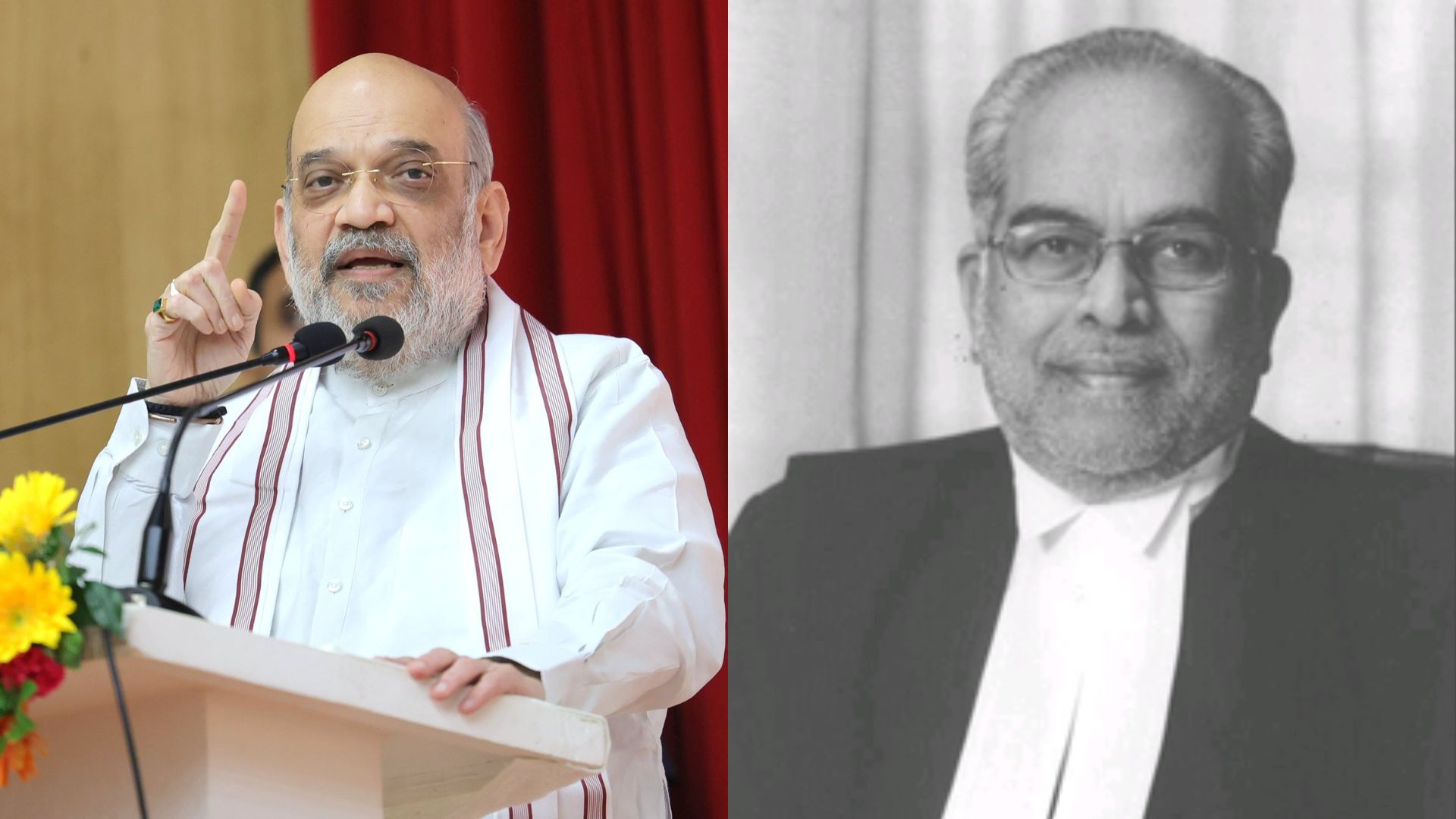A group of former Supreme Court judges and legal experts have criticised Union home minister Amit Shah for alleging that Justice B. Sudershan Reddy, the Opposition’s candidate for Vice-President, had “helped Naxalism” through a 2011 judgment.
In July 2011, a bench of Justice Reddy and Justice S.S. Nijjar (both now retired) had banned Salwa Judum — a government-backed militia of tribal youths armed and paid to fight Maoists in Chhattisgarh. The judges had ruled that the practice violated the Constitution.
In a statement shared on social media, the former judges and legal experts said Shah’s comment “publicly misinterprets” the judgment. “The judgment nowhere supports either expressly or by implication Naxalism or its ideology,” it read.
The statement, though not officially released, has been confirmed by some of its signatories. Former Supreme Court judges Justice J. Chelameshwar and Justice Madan B. Lokur, along with senior advocate Sanjay Hegde, told The Telegraph that they had signed it. Justice Kurien Joseph and Justice Vikramjit Sen had not responded to queries by Monday evening.
Hegde said, “There is no official letter as yet. The statement is confirmed by the people mentioned.”
The text circulating on social media further said: “While the campaign for the office of the Vice-President of India may well be ideological, it can be conducted civilly and with dignity. Criticising the so-called ideology of either candidate should be eschewed. Prejudicial misinterpretation of a judgment of the Supreme Court by a high political functionary is likely to have a chilling effect on the independence of the judiciary. Out of respect for the office of the Vice-President, it would be wise to refrain from name calling.”
Shah, during a campaign interaction, was quoted by PTI as saying: “Sudershan Reddy is the person who helped Naxalism. He gave the Salwa Judum judgment. If the Salwa Judum judgment had not been given, Naxal terrorism would have ended by 2020. He is the person who was inspired by the ideology that gave Salwa Judum judgment.”





























































